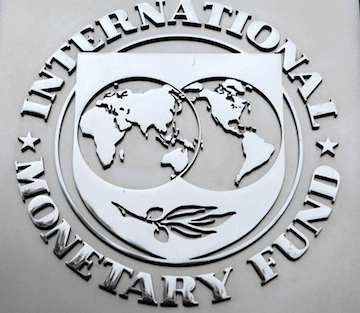

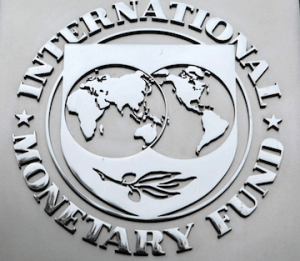 The government’s pursuit of a $3 billion International Monetary Fund (IMF) loan despite Ghana’s oil fields generating over $1.3 billion in 2024 has reignited public concern over whether the country’s petroleum revenue is being effectively managed.
The government’s pursuit of a $3 billion International Monetary Fund (IMF) loan despite Ghana’s oil fields generating over $1.3 billion in 2024 has reignited public concern over whether the country’s petroleum revenue is being effectively managed.
Questions over the effective management of the oil revenue were raised at a public forum in Asesewa in the Upper Manya Krobo District, organised by the Public Interest and Accountability Committee (PIAC).
The forum was attended by society groups, security agencies, and faith-based organisations to examine how oil revenues are utilised for inclusive development.
The gathering spotlighted growing frustration over stalled development projects, unpaid revenues, and declining production – raising urgent questions about transparency, accountability, and the real impact of Ghana’s oil wealth on local communities.
The discussion pitched towards the need for promoting greater transparency and accountability in Ghana’s petroleum revenue management and utilisation.
Ghana’s three major oil fields-Jubilee, Sankofa-Gye Nyame, and Tweneboa-Enyenra-Ntomme (TEN)-collectively produced over 48.2 million barrels of crude oil in 2024, generating about $1.3 billion in national revenue.
Yet, the country’s decision to seek a $3 billion bailout from the International Monetary Fund (IMF) has sparked renewed debate about whether the Ghana’s oil wealth is being transparently managed to support real development.
Established under Section 51 of the Petroleum Revenue Management Act (PRMA), 2011 (Act 815), PIAC serves as an independent statutory body mandated to monitor and evaluate the management and use of petroleum revenues and ensure that government and relevant agencies comply with the provisions of the Act.
Delivering the keynote address, Mr. Kwesi Lawer, the Upper Manya Krobo District Chief Executive, emphasised the importance of stakeholder engagement in ensuring that petroleum revenues were directed toward impactful development projects.
He reiterated that the Act empowered citizens to demand accountability and encouraged platforms for public debate on the priorities and prospects of oil-funded development.
“This engagement provides the opportunity for citizens to assess how oil money is being used to address the real needs of communities,” he added.
He noted that some petroleum-funded projects in the district had not been completed, including the construction of rural markets and boreholes at the Asesewa Market.
Others included regraveling of the Abourso-Asesewa Road, and bitumen surfacing of the Korlewa-Apimsu-Sawah-Asesewa Road—despite full payments.
The DCE urged contractors to accelerate their work and ensure high-quality delivery.
Mr. Samuel Bekoe, a PIAC member representing Think Tanks, walked stakeholders through how Ghana’s oil is drilled and how revenues are distributed.
He reported that Ghana’s three major oil fields collectively produced over 48.2 million barrels of crude oil in 2024, earning the country approximately $1.3 billion.
“Compare this to the $3 billion loan Ghana is seeking from the IMF, and it tells you that our oil revenue alone is substantial if well managed,” he added.
Despite the revenue gains, PIAC expressed concern about declining crude oil production and unpaid revenues.
According to its 2024 report, crude oil production has declined for five consecutive years, falling from 48.2 million barrels in 2023 to 44.1 million barrels in 2024, an 8.51% drop.
Moreover, GNPC Explorco failed to pay $145 million from its 2024 liftings into the Petroleum Holding Fund (PHF), bringing the cumulative unpaid amount to over $400 million.
The PIAC maintains that these liftings do not constitute payments into the PHF and should not be excluded from public financial oversight.
Further compounding the issue is the increasing surface rental arrears owed by International Oil Companies (IOCs), which stood at over $2.7 million by the end of 2024.
Approximately 88 per cent of these arrears are owed by companies whose Petroleum Agreements were terminated as far back as 2021.
Mr. Isaac Dwamena, Coordinator of PIAC, disclosed that 2024 marked the fifth straight year that Ghana failed to sign a new Petroleum Agreement, despite efforts by the Ministry of Energy to attract investors into the upstream oil sector.
He noted that, despite these setbacks, total petroleum revenue in 2024 increased by 27.8 per cent, from US$1.06 billion in 2023 to $1.36 billion in 2024, largely due to favourable pricing.
“This performance ranks as the second-highest annual petroleum receipt since production began, with 2022 still being the peak year at $1.42 billion,” he added.
Th PIAC recommended urgent actions, including the recovery of surface rental arrears, expanding gas infrastructure to absorb more raw gas, and clearer prioritization of development projects.
It also urged Parliament to enforce proper capping regulations for the Ghana Stabilisation Fund and prevent GNPC from taking on excessive loan guarantees.
The forum ended with a call for continued civic engagement to ensure Ghana’s petroleum resources are not only accounted for but used to improve lives in communities like Upper Manya Krobo.
Source: GNA
The post Ghana’s oil revenue sparks debate amid $3b IMF loan appeared first on Ghana Business News.
Read Full Story



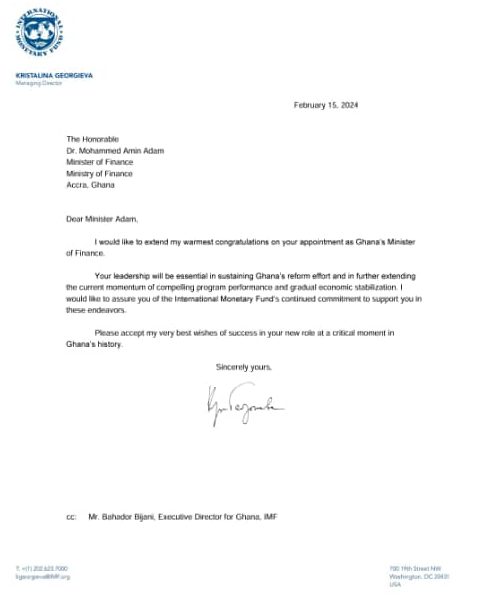


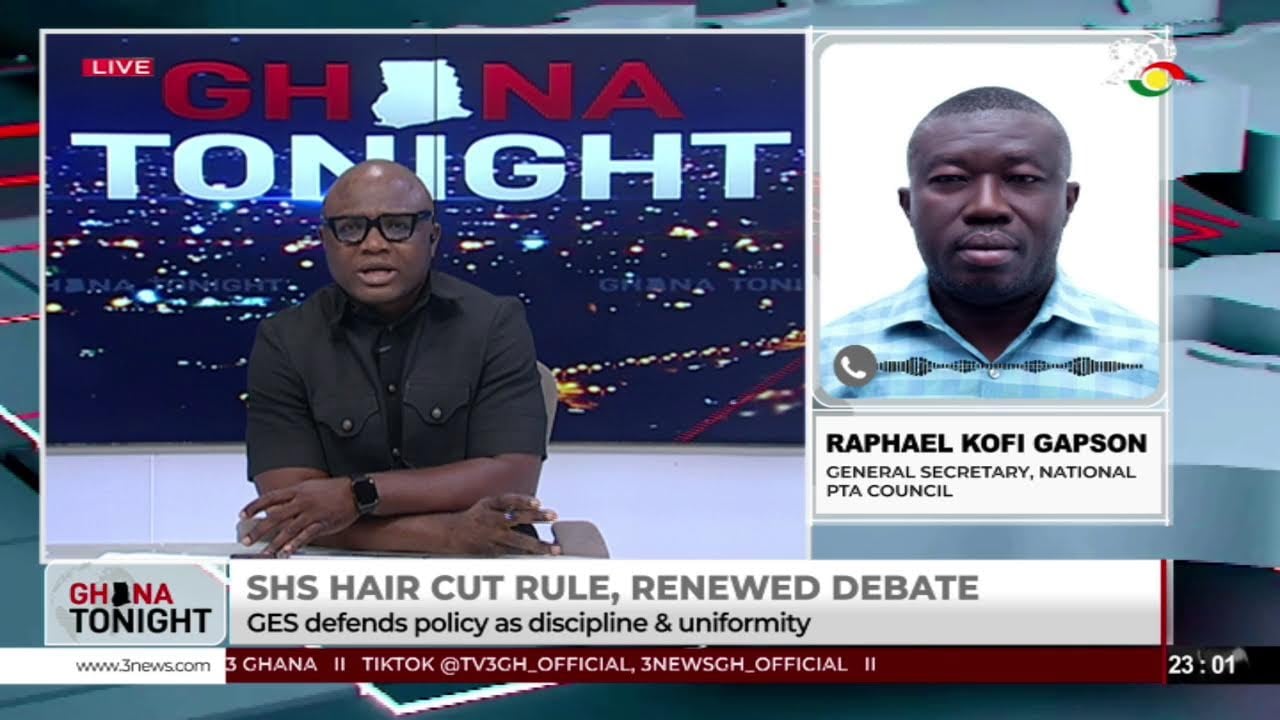
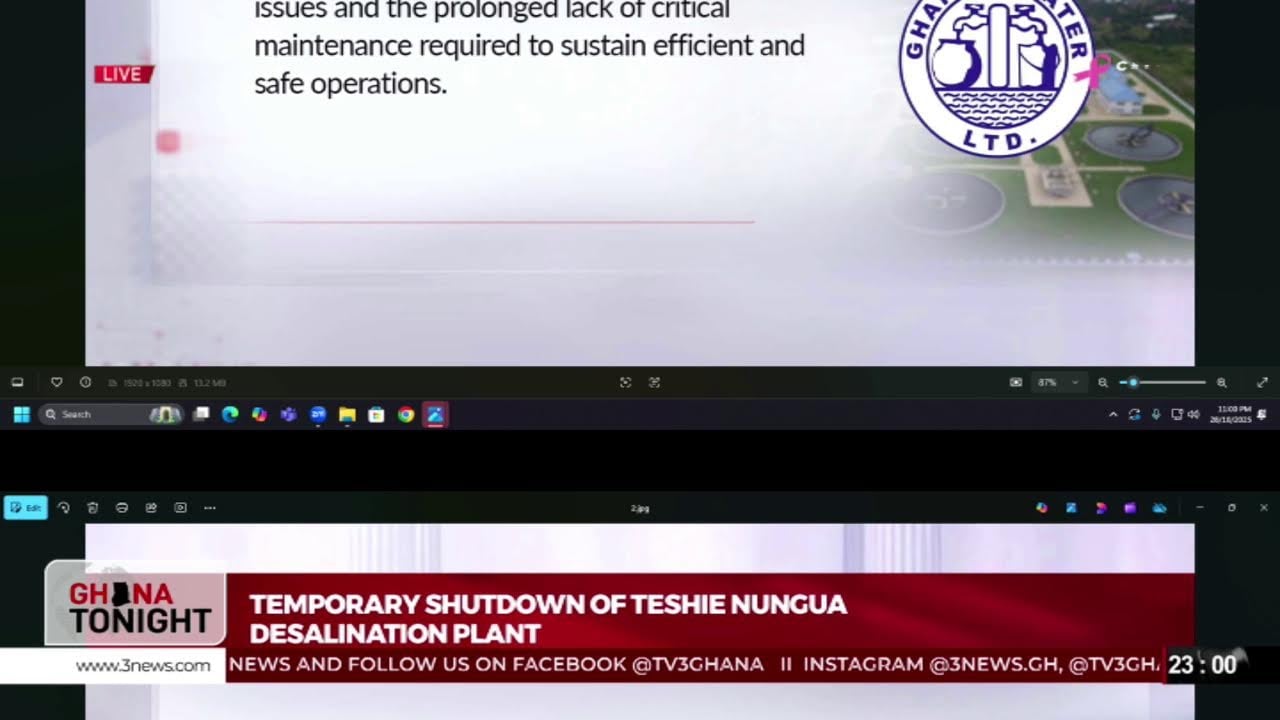

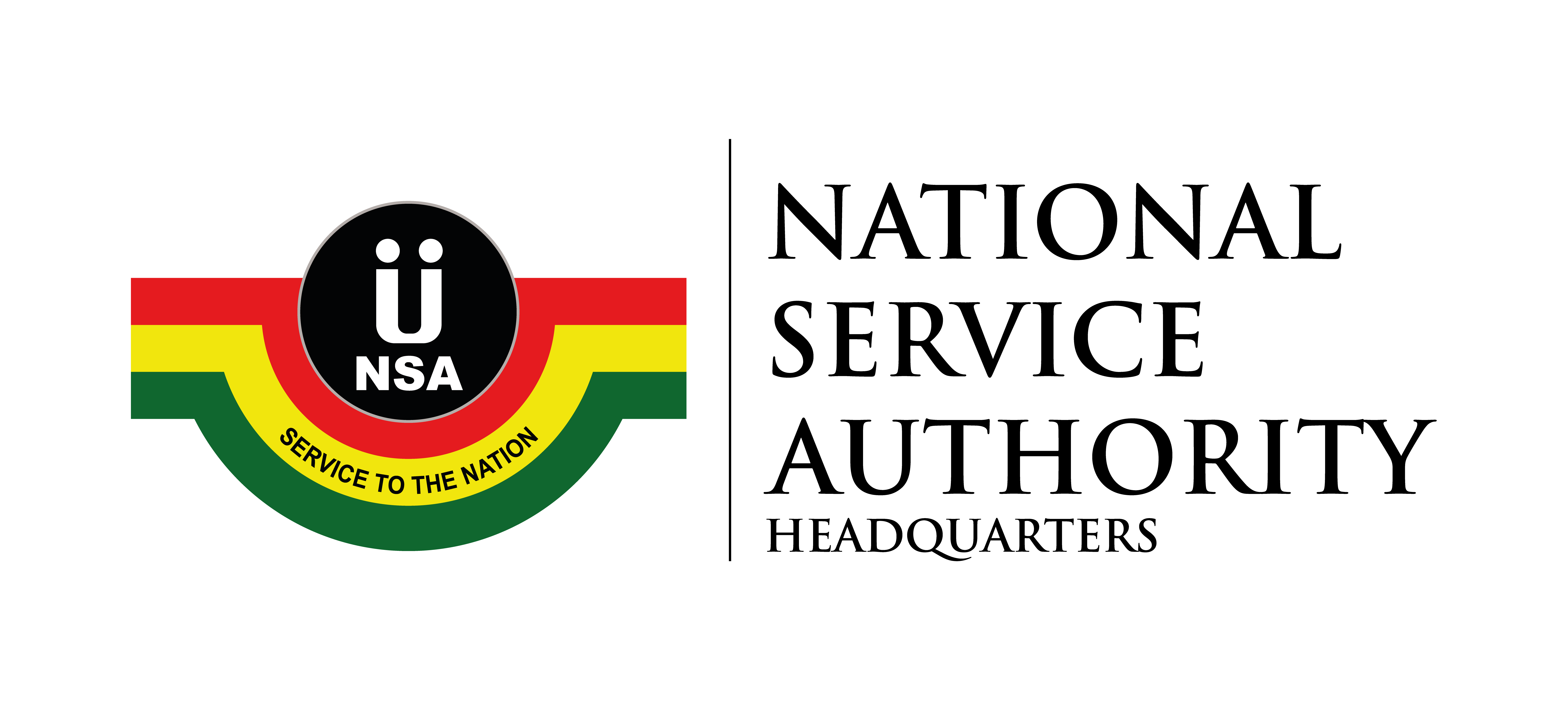
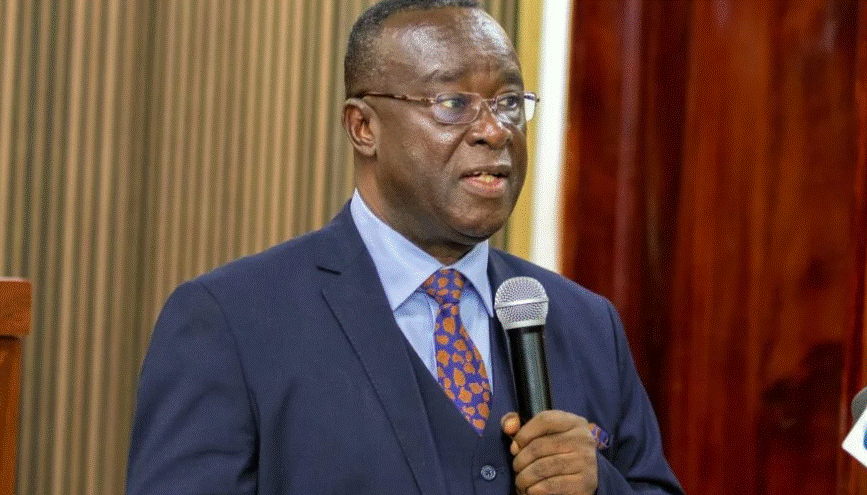
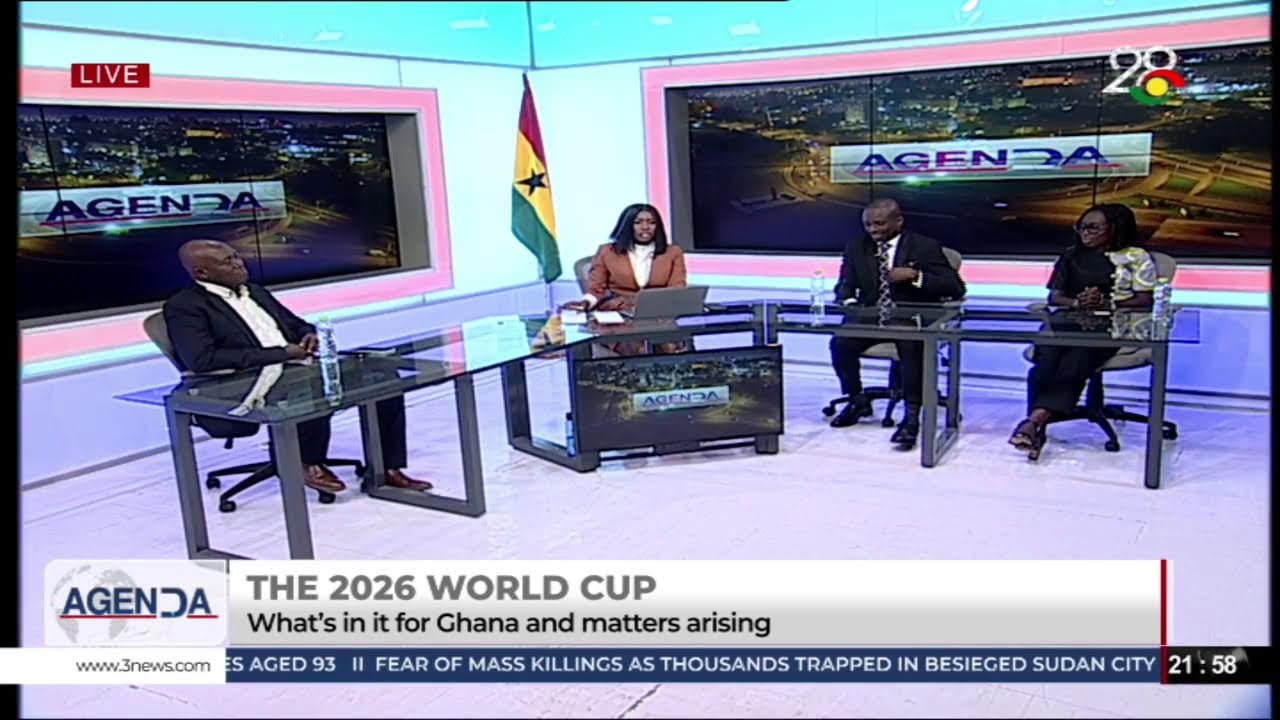











Facebook
Twitter
Pinterest
Instagram
Google+
YouTube
LinkedIn
RSS